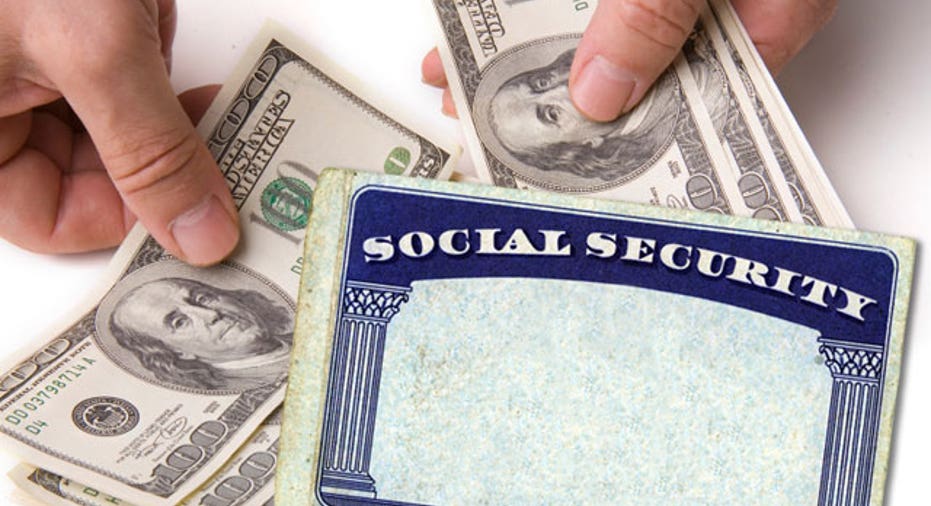Can a Creditor Take Away my Social Security?

Dear Debt Adviser,
I may have to retire soon for health reasons. If I default on my unsecured credit card debt, can my Social Security benefits or pension be garnished?
- David
Dear David,
Sorry to hear about your health issues. And I'm equally sorry to hear you haven't saved enough money to be able to pay your debts. My guess is that, given your forced retirement and debt issue, you will also have a budget issue after leaving work.
Retirement can be comfortable if you have health and wealth. With neither, you must be cautious before doing anything that could make your situation worse.
Should you default on your unsecured credit card debt, the actions taken to collect what you owe will depend in part on how much debt you are carrying on your credit cards and to whom you owe the money.
If you owe a large amount, say more than $5,000, it is likely your creditors will pursue collection aggressively by going after whatever assets you may have. That could mean garnishment of wages or bank accounts (if such action is allowed in your state), or property liens.
Smaller amounts may not be worth an individual creditor's time but may be packaged and resold to companies specializing in debt collections. Depending on whom you're in hock to or who buys the debt, the collection action could become harassing and just plain nasty. To keep that from happening, I suggest that, at a minimum, you communicate with your creditors before you default to see if you can work out a repayment plan or settlement arrangement.
Regarding your Social Security payments, the Department of the Treasury has some recent regulations that require banks to protect from garnishment federal benefit payments that are direct-deposited into a bank account. (Unless it's the government that you owe. In that case, you are up the proverbial creek minus a paddle.)
In general, when a bank receives a garnishment order, it must review the account and protect from garnishment any federal benefits directly deposited into the account during the previous two months. So, for example, if you receive Social Security benefits of $2,000 per month through direct deposit, any amount of $4,000 or less in your account at the time of the garnishment order would be safe. Any money in your account over your two-month benefit amount would not be protected.
Before this rule, the banks could just freeze your entire account until you proved that some of the money in it was from Social Security.
The bank could still freeze your entire account if the federal benefits in there were deposited by check, no matter how recently. But Social Security no longer writes checks; recipients were required some time ago to receive benefits either by direct deposit or debit card.
Your other pension benefits would be protected only if they're federal pension benefits -- from the Federal Employees Retirement System or the Veterans Affairs pension program, to give a couple of examples.
If you are unable to work with your creditors to secure an affordable repayment plan or settlement for your credit card debt, I suggest you see a nonprofit credit counseling agency to see what they can do. If you strike out there, then go visit an attorney to find out what your legal options may be. A good bankruptcy attorney can advise you on the best way to avoid garnishment or other collection proceedings.
Sadly, your situation is an illustration of the reality that we don't always get to choose how long we will work before retirement. It also demonstrates the real value of a good financial plan and a competent financial adviser.
Good luck!
Bankrate's content, including the guidance of its advice-and-expert columns and this website, is intended only to assist you with financial decisions. The content is broad in scope and does not consider your personal financial situation. Bankrate recommends that you seek the advice of advisers who are fully aware of your individual circumstances before making any final decisions or implementing any financial strategy. Please remember that your use of this website is governed by Bankrate's Terms of Use.



















